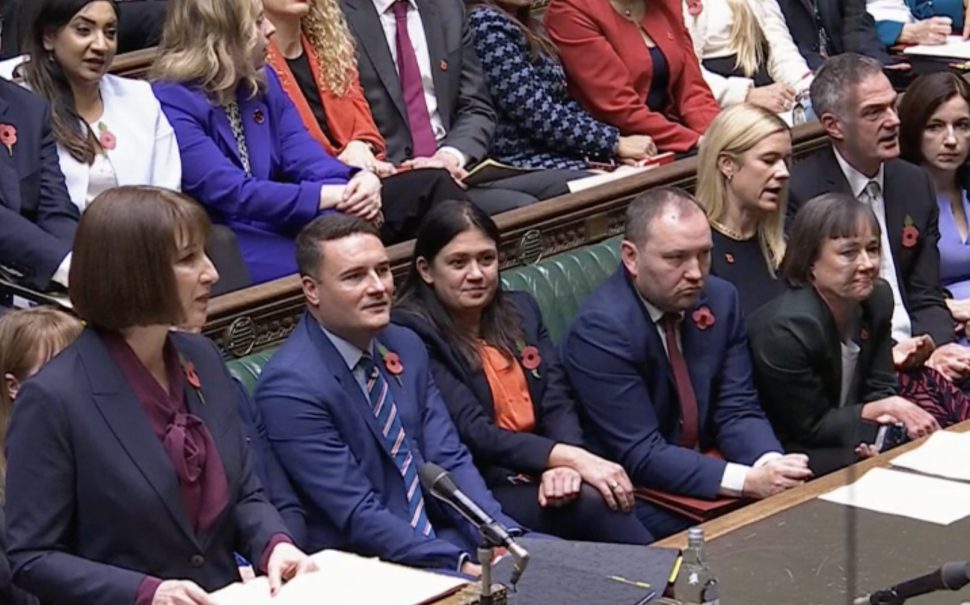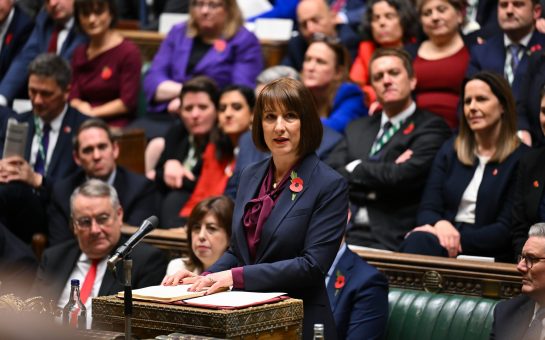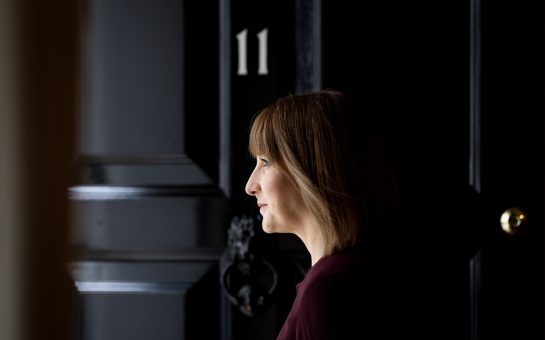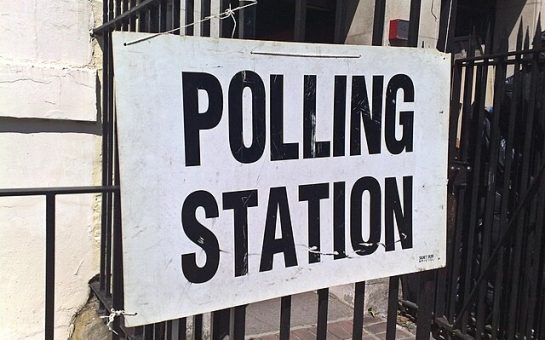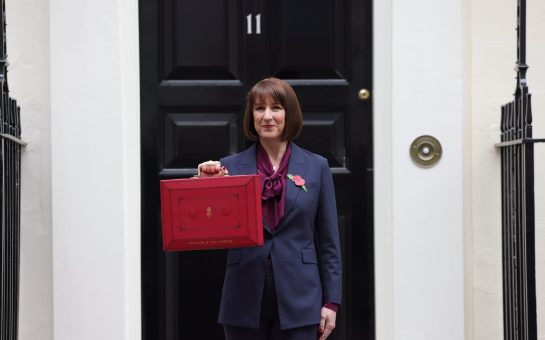This afternoon Rachel Reeves, the first female Chancellor of the Exchequer, announced Labour’s first budget in nearly 15 years.
She has promised this budget will mean “more pounds in people’s pockets” and “an NHS that is there when you need it”.
Here is a summary of the main measures:
Wages and pensions
The National Living Wage for over-21s will go up by 6.7% in April 2025, from £11.44 to £12.21.
The National Minimum Wage for 18- to 20-year-olds will see a 16% increase, from £6.40 to £7.55.
Apprentices will receive the biggest pay rise, from £6.40 to £7.55.
There will be a 4.1% rise in state pensions in April 2025, with over 12 million pensioners gaining £470 a year.
The allowance paid to full-time carers will be increased from £151 to £195 a week, meaning carers can now receive up to £10,000 a year.
Transport
The bus fare cap in England will rise from £2 to £3 at the end of this year. However, Andy Burnham has confirmed that single bus fares in Greater Manchester will continue to cost £2 for the whole of 2025.
Reeves has confirmed that funding has been secured to extend HS2 to London Euston station.
Labour will freeze the fuel duty next year, maintaining the existing 5p cut for another year.
For economy-class short haul flights, the rate of the air passenger duty will increase by no more than £2. For private jets, the duty will rise by 50%, which equates to £450 per passenger.
Schools
A 20% VAT rate will be added to private school fees from 1 January 2025. From April 2025, private schools that are charities will lose charitable business rates relief which provides an 80% discount on the rates they pay on their premises. The Chancellor says this will raise over £9bn.
£6.7bn has also been allocated for education investment next year, with £1.4bn put aside for rebuilding over 500 schools.
There will be a £1bn increase in funding for Special Educational Needs (SEN) provision.
The government will triple the amount of investment to free breakfast clubs in schools.
Compensation
Reeves has promised to set aside £11.8bn to compensate the victims of the infected blood scandal.
£1.8bn will also be provided for those affected by the Post Office scandal. Reeves calls this a “redress that is long overdue for the pain and injustice they have suffered”.
Taxes
The budget will raise taxes by £40bn.
There will be no increase in income tax, employee National Insurance, or VAT.
The inheritance tax freeze will be extended to 2030, meaning only 6% of estates will pay inheritance tax this year. Reeves also vows to close the inheritance tax loophole by taxing inherited pensions.
Labour will be cutting the duty on draft alcohol by 1.7% meaning “a penny off the pints at the pubs”, according to Reeves.
The duty on hand-rolled tobacco will increase by 10% and a flat-rate duty will be introduced on all vaping liquid from 2026.
The government will abolish the non-dom tax regime from April 2025, introducing a new, residence-based scheme for those staying in the UK temporarily. This will raise £12.7bn over the next five years.
Businesses
The Capital Gains Tax (CGT) will increase. The lower rate will rise from 10% to 18%, and the higher rate from 20% to 24%.
The Employment Allowance will increase from £5,000 to £10,500, meaning 865,000 employers won’t pay any National Insurance at all next year. Over one million will pay the same or less as they did before.
Employers’ National Insurance contributions will rise from 13.8% to 15% and the threshold at which businesses start paying National Insurance on a worker’s earnings will be lowered from £9,100 to £5,000.
Housing
The government will increase the stamp duty land surcharge for second-homes by 2% to 5% from tomorrow.
They will also give £1bn to accelerate the removal of dangerous cladding on homes, following the Grenfell Tower report.
Labour will invest more than £5bn to deliver their housing plan and will increase the Affordable Homes Programme to £3.1bn to increase the supply of homes and support small housebuilders.
Public services
The budget includes an extra £22.6bn for day-to-day spending on the NHS in England.
The government will provide £3.4bn for the Scottish government to be spent effectively to improve public services in Scotland, £1.7bn to the Welsh government, and £1.5bn to the Northern Ireland executive in 2025-26.
